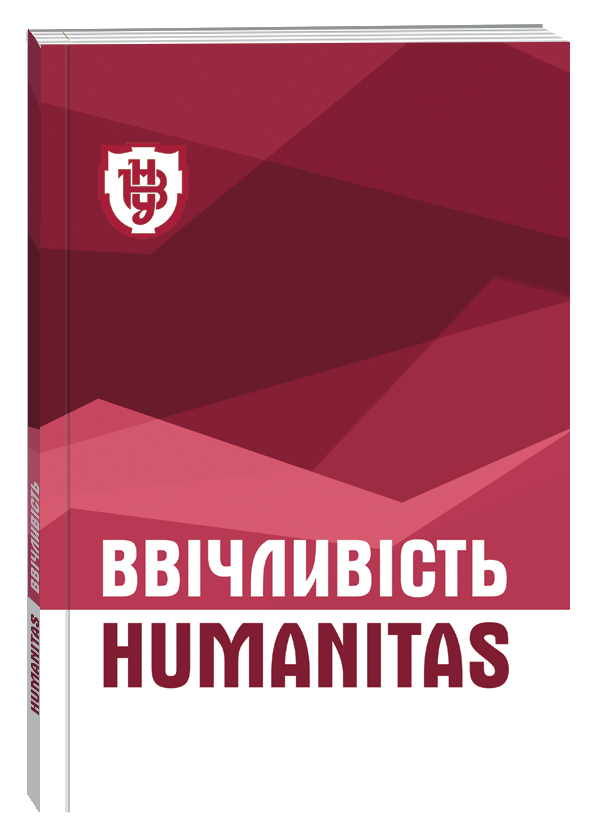THEORETICAL ASPECTS OF THE FORMATION OF THE SOCIAL READINESS OF PRESCHOOL CHILD FOR EDUCATION IN NUS
DOI:
https://doi.org/10.32782/humanitas/2022.3.2Keywords:
children of older preschool age, readiness for learning, social readinessAbstract
Any society spends a lot of effort in order for its members to successfully assimilate cultural assets, norms, values, ideas, social experience, using for this purpose the system of education, upbringing and various means of supporting cultural standards of life. Readiness to study in a new Ukrainian school is a systemic characteristic of the development of a child of senior preschool age. It manifests itself in the formation of the child’s competencies. These competencies are formed by educators, parents with the help of a valuable attitude to the environment and the environment, developed under favorable conditions in various situations of life experience and communication, in which the child is included in the family and social education. The new Ukrainian school presented the requirements for the relations "students – parents – teachers – school". Their priorities are partnership pedagogy, new approaches to student learning, formation of key competencies, etc. Based on the results of research by modern scientists, three stages of the implementation of the idea of continuity in the education of preschoolers and younger schoolchildren are distinguished: 1st stage – ensuring the readiness of preschoolers to study at school; Stage 2 – creation of conditions for the fastest adaptation of children to school conditions; Stage 3 – development of primary school students based on the assets of preschool childhood and with the use of pedagogical technologies of preschool education. On the basis of this, in pedagogical science, a distinction is made between "succession and perspective", which are considered as two sides of the same pedagogical phenomenon. The organization of children’s education at the preschool and primary educational stages requires mutual orientation of the educational and pedagogical activities of educators and teachers, agreed joint actions in goal setting, designing the learning process of children of different ages.
References
Берегова Н., Степанюк О., Кушнір І. Психологічні особливості самооцінки дітей старшого дошкільного віку. Актуальні питання теорії та практики психолого-педагогічної підготовки майбутніх фахівців : тези доп. VІІІ Всеукр. наук.-практ. конф., (Хмельницький, 9–10 квіт. 2020 р.). Хмельницький : ХНУ, 2020. С. 30–34.
Два великих Учителі. Присвячується Анатолію Шапіро та Симону Соловейчику / упоряд.: Л. Голіцина. Управління освітою. 2011. № 120. С. 4–13.
Діагностика готовності дітей до школи / за заг. наук. ред. О. Дєдова. Хотин: 2014. 194 с.
Закон України «Про дошкільну освіту» URL: http://zakon4.rada.gov.ua/laws/show/2628-14
Концепція Нової української школи. URL: https://mon.gov.ua/storage/app/media/zagalna%20serednya/novaukrainskashkola-
compressed.pdf
Концепція освіти дітей раннього та дошкільного віку. Національна академія педагогічних наук України. Київ : ФОП Ференець В. Б., 2020. 44 с.
Якименко Л. Дитина в колективі однолітків. Соціальний аспект підготовки до школи. Дошкільне виховання. 2012. № 6. С. 8–11.







